COMMENT By Solace Chukwu
Africa was ultimately made to wait 80 years to host a Fifa World Cup for the first time.
It may have been held in South Africa, but it was very much a continental event—the buy-in, both emotional and cultural, was total, resulting in one of the most singular and memorable Mundials.
As a touchstone, it was important as well.
It demonstrated competence and capacity, within the continent, to bear the infrastructural and structural burden of the planet's largest sporting event.
It is on the back of that that Morocco are bidding to host in 2026, a decade and half after the world was introduced to the apian drone of the vuvuzela.
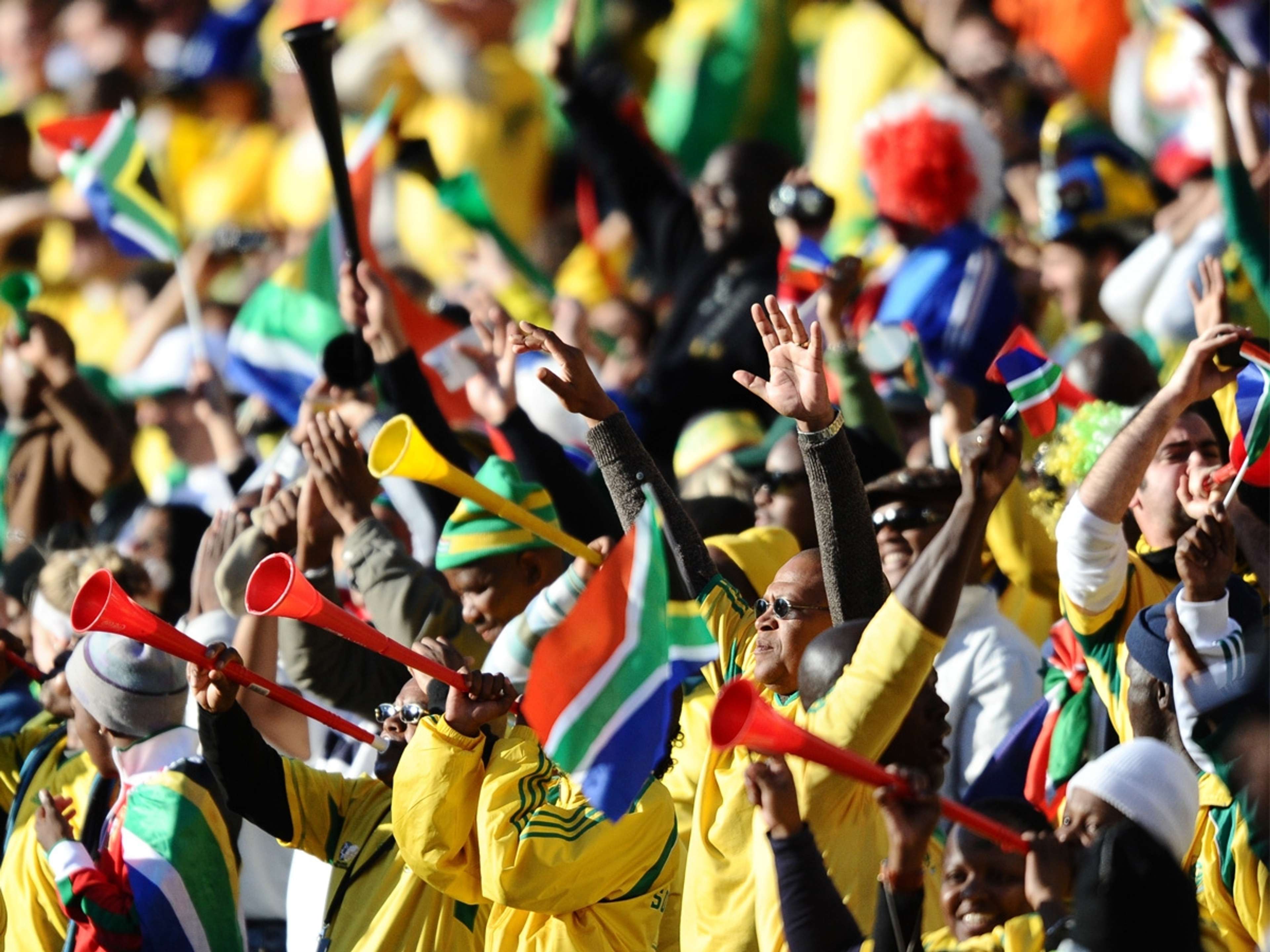 getty
getty
As a symbolism then, South Africa pledging their support for the Morocco bid is powerful. They are not the only ones, either; the African vote is almost a given, and the Asian vote is reportedly on the cards as well.
The perceived arrogance of the rival North American bid, as well as the racist rhetoric of the Trump administration in the USA, stands against it, as well as other logistical considerations - the idea to co-host alongside Canada and Mexico carries with it the usual bottlenecks that surround co-hosting an event of this magnitude.
It would appear, then, that it is plain sailing for Morocco, and it may yet be.
However, a spanner in the works presents itself in the form of the country's standing laws against homosexuality.
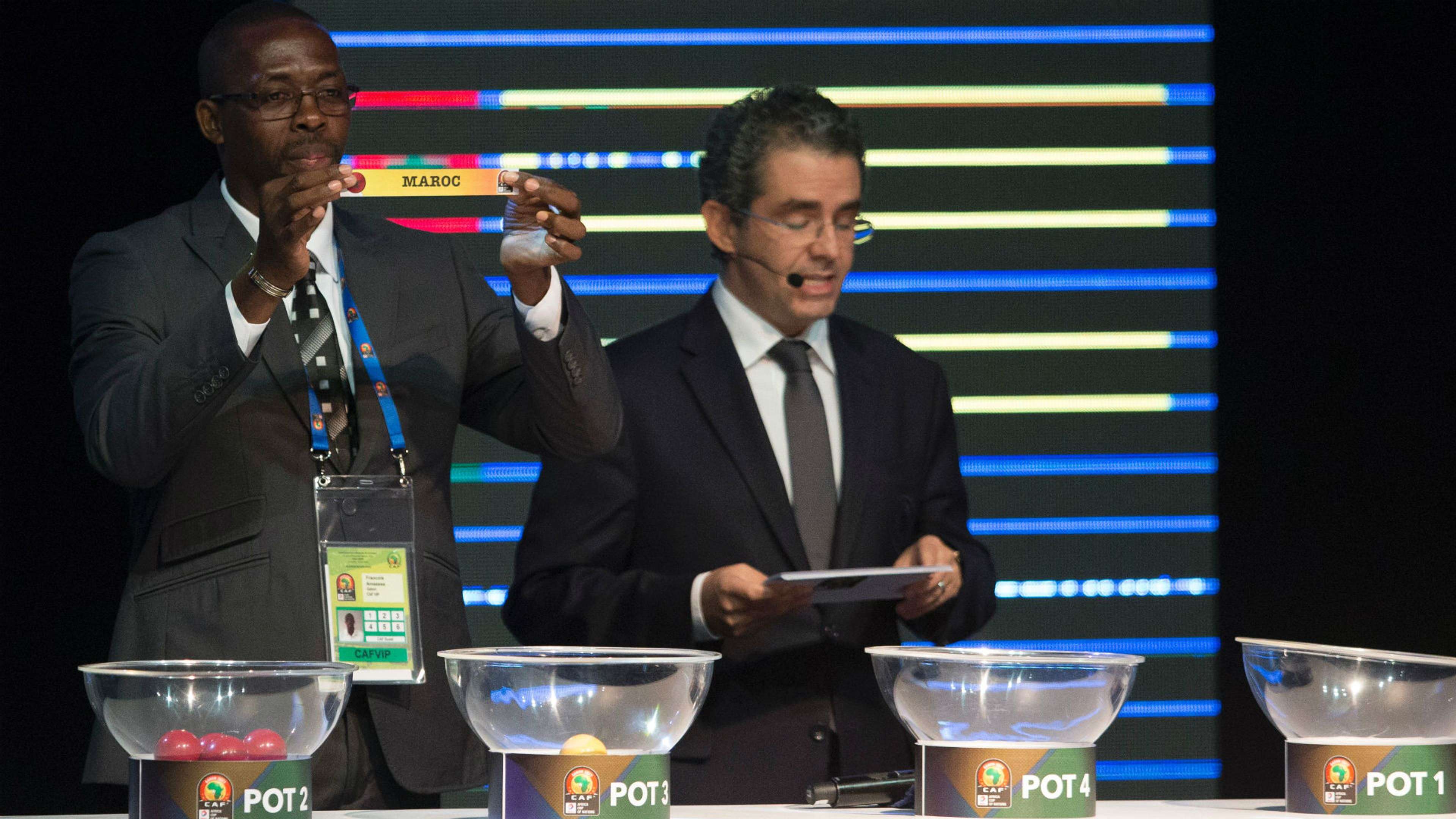 Getty
Getty
While Russia, who host the Mundial this summer, has legislation prohibiting homosexual propaganda, it has however made no secret of it, but instead moved to assure that measures were in place to ensure the safety of fans of all sexual orientations for the duration of the tournament.
Since Russia and then Qatar were named World Cup hosts for 2018 and 2022, Fifa have insisted that prospective hosts "commission independent human rights reports and provide frank risk assessments" which play into their 'grading' in the eyes of the task force.
Morocco, on the other hand, failed to disclose in its bid that homosexuality is a criminal offense in the North African nation, Associated Press reports.
This could significantly weaken the strength of their bid, and may provide an avenue by which the rival North American bid finds a second wind.
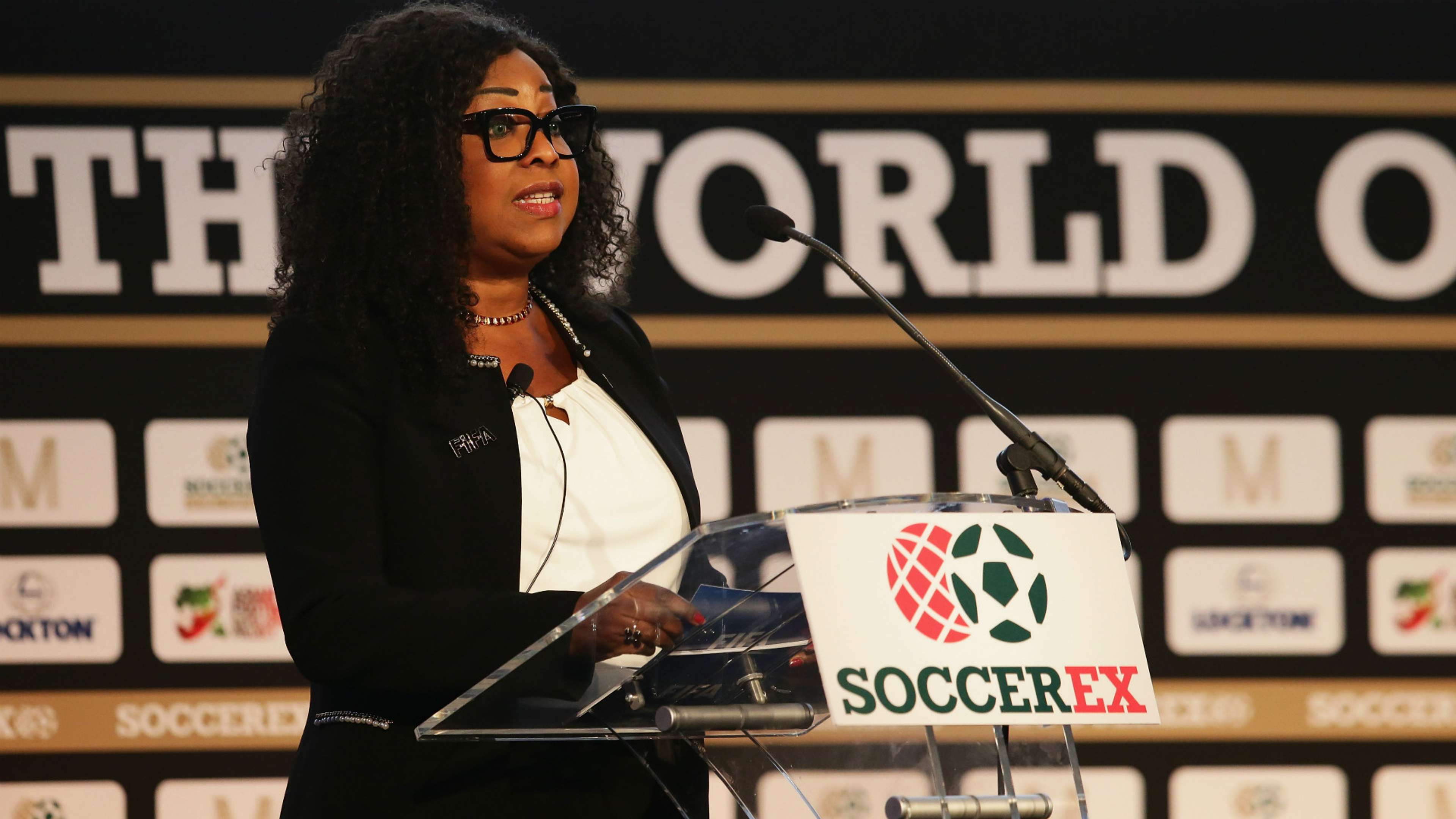
Fifa Secretary General, Fatma Samoura, was unequivocal in stating: "Morocco, if they're serious about winning, would need to be prepared to repeal the article of the penal code which punishes people for being gay."
As is easy enough to imagine at this point, this requirement will stretch the already thin membrane which insulates football from politics and public policy, and raises once more the question of whether hosting a World Cup - the same is true for major sporting events, but to a lesser degree - is worth the imposition from Fifa, with its huge tax exemptions and the loosening of travel restrictions required.
However, concerning the morality of the situation, it appears unlikely that, simply for the opportunity of hosting the World Cup, the Moroccan government would have a 'Road to Damascus' moment and see the light.
Fifa may have famously leaned on their influence in order to repeal a law on alcohol in stadiums in the build-up to the 2014 World Cup in Brazil, but this is undoubtedly a much touchier subject.
Touchy enough, in fact, it may well dispel the dream of another African World Cup.
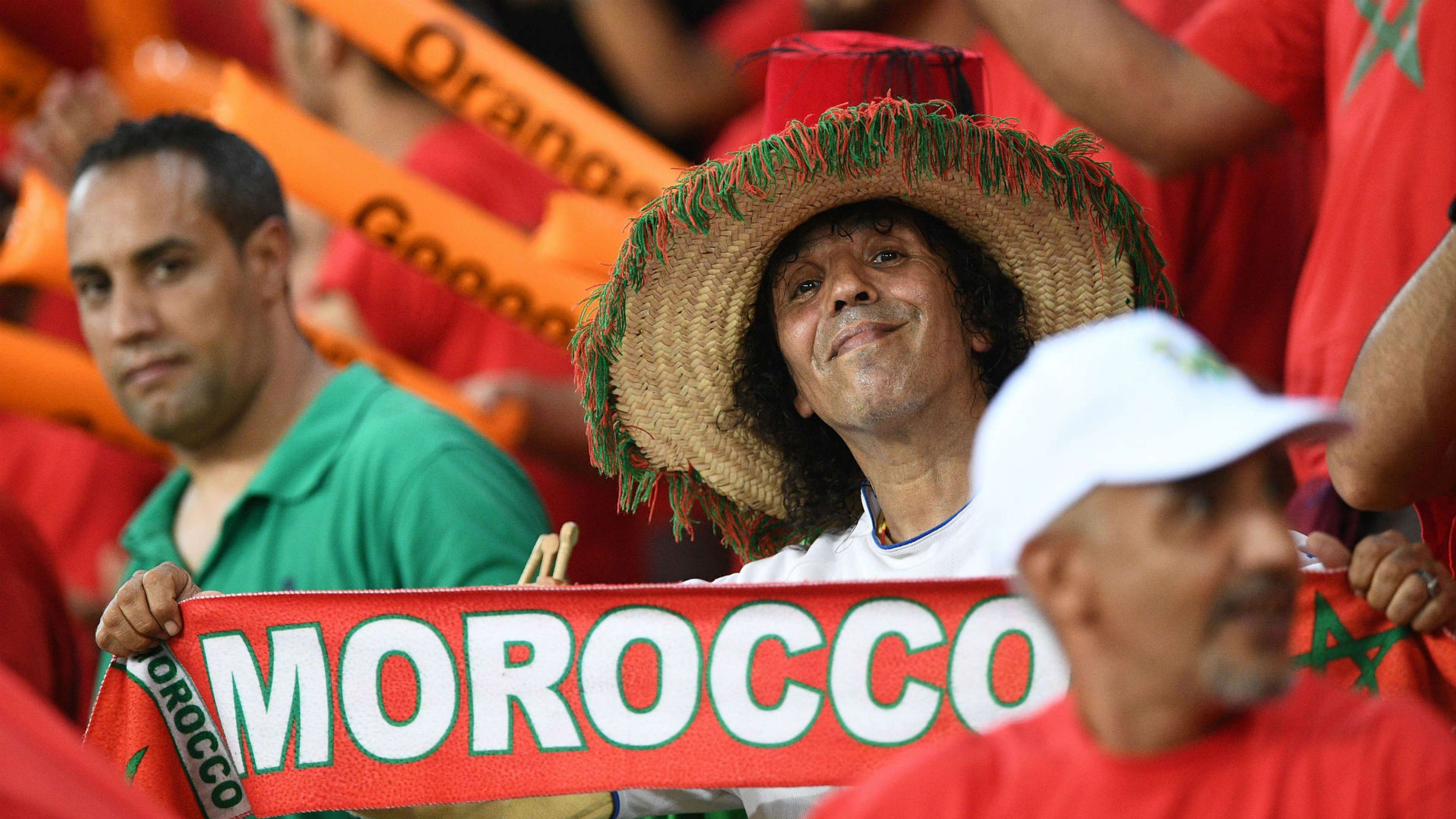
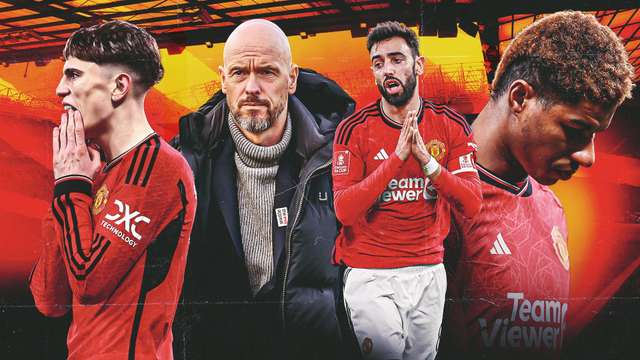
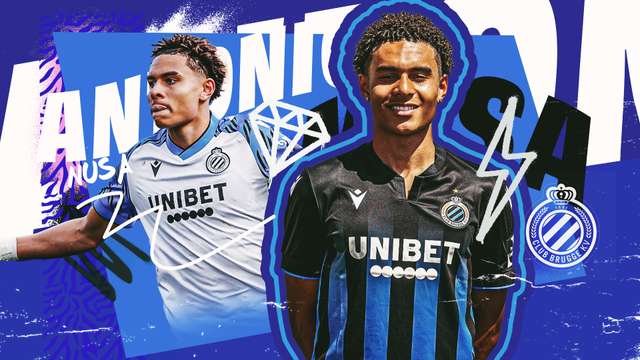
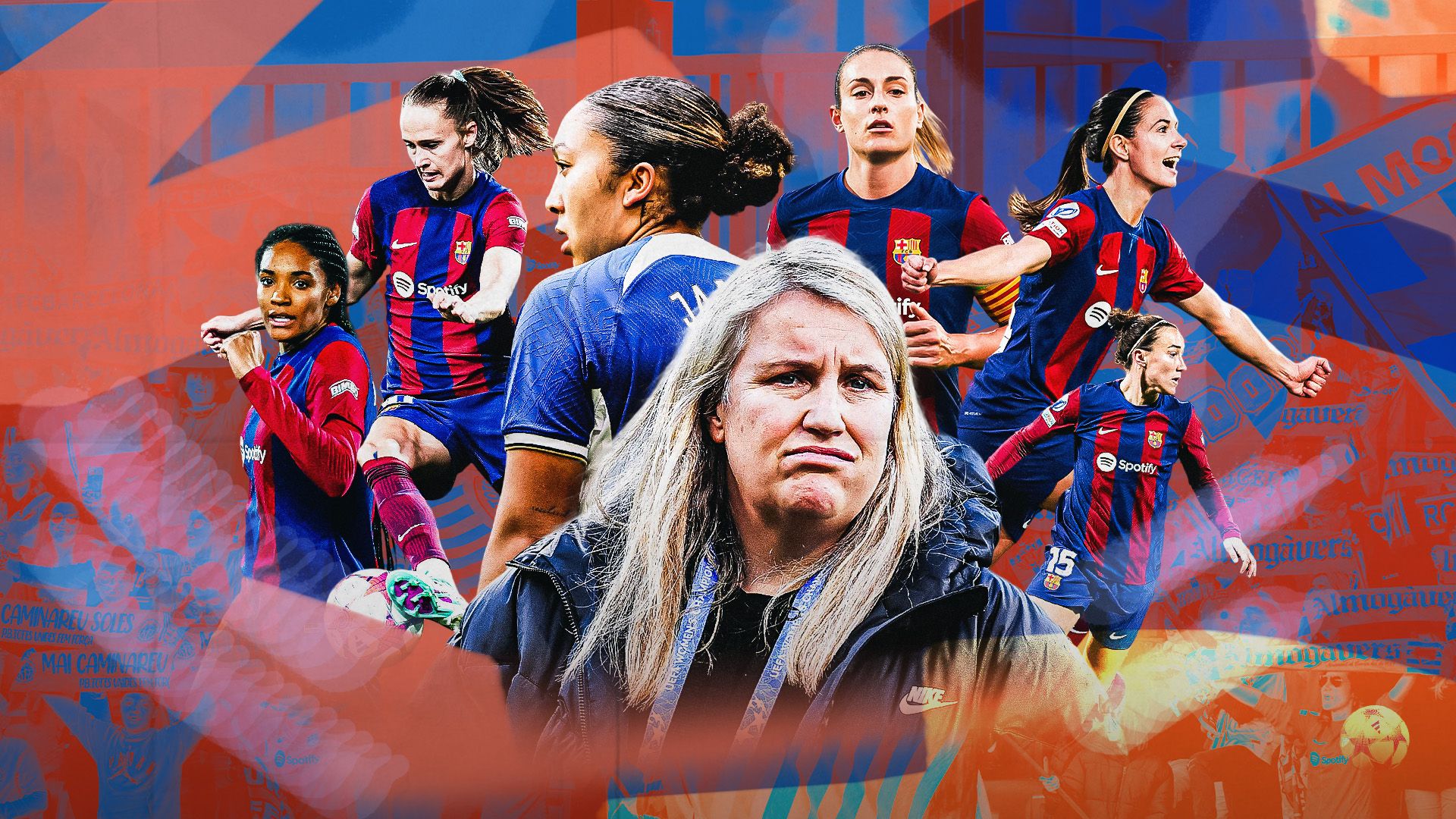.jpg?auto=webp&format=pjpg&width=640&quality=60)
.jpg?auto=webp&format=pjpg&width=640&quality=60)